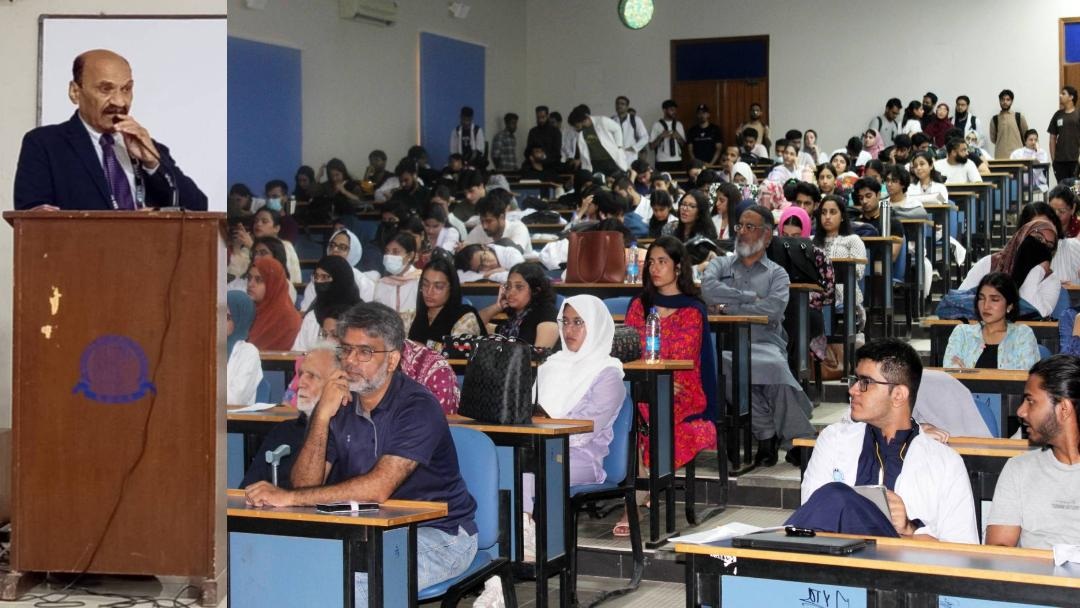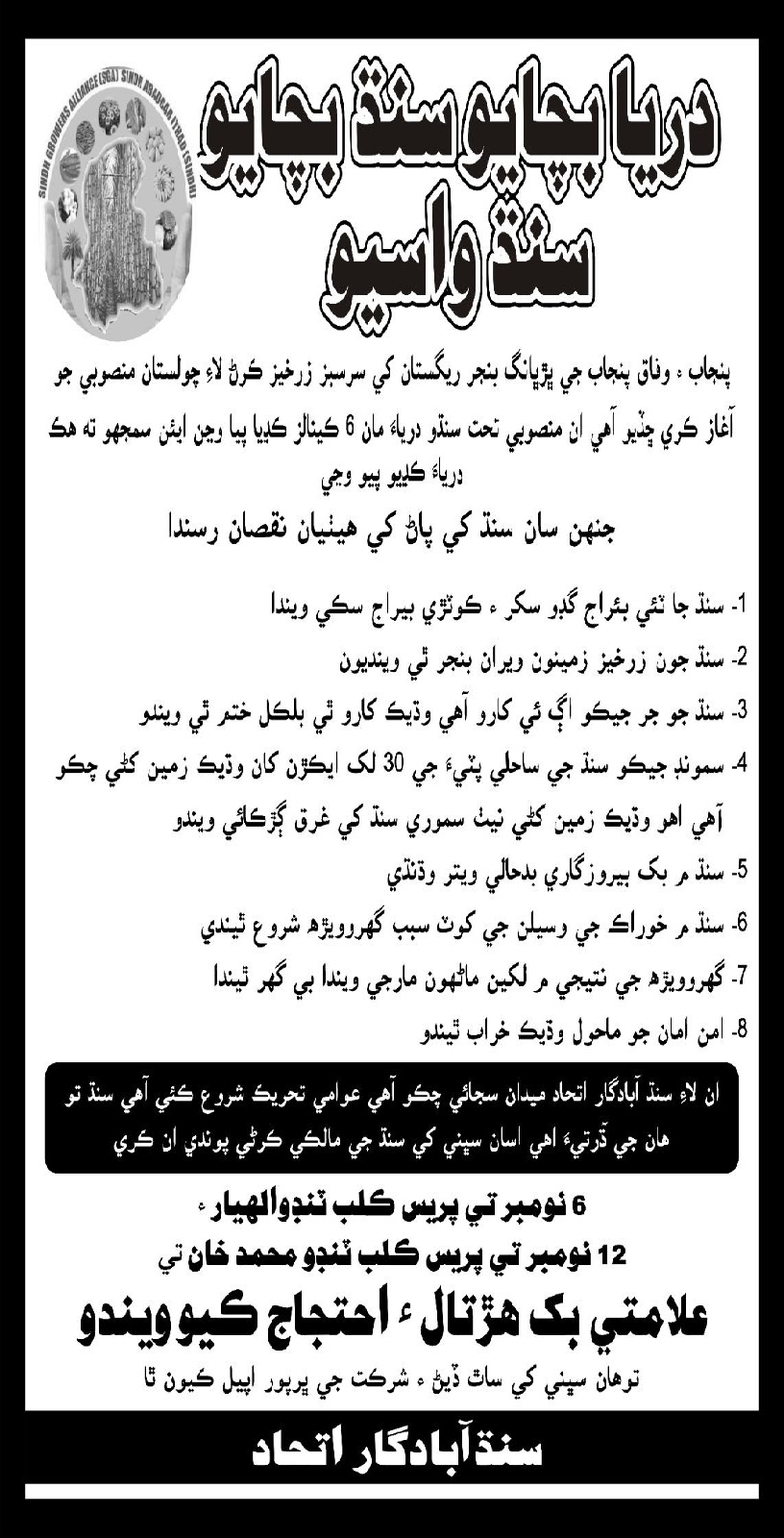Lack of sleep is the root of many diseases and plays a central role in psychological disorders, experts
Karachi: Medical Expert have has said that lack of sleep affects the treatments and therapies. Sleep disorders play a central role in psychological disorders such as PTSD, depression, and anxiety. In this regard, there is a need to implement screening tools, raise public awareness, and train experts. They said these at a session entitled "Reviews of Sleep Medicine" held at Dow International Medical College.
The session was attended by a large number of faculty members and students. During the session Consortium Principal Investigator at ClinRè, USA, and former Director of the Cleveland Sleep and Research Center Dr. Mansoor Ahmed explored the mechanisms of sleep, common sleep disorders, and clinical approaches for treating patients with sleep issues. Earlier, Professor Iftikhar Ahmed, Principal of Dow International Medical College, gave an introduction to sleep medicine in his inaugural address to the session and said that Dow University of Health Sciences is going to work on sleep medicine in collaboration with internationally renowned expert Dr. Mansoor Ahmed. He talked about the importance of sleep that sleeping at night is extremely important.
If you don't sleep for 2 days, you can get sick.He said that being awake at night makes a person prone to many diseases, but nowadays it has become fashionable that staying up at night is considered good, while it is not good for health at all, followed by Dr. Ambreen Qamar, who presented a comprehensive overview of Dr. Mansoor Ahmed's journey and accomplishments. During his lecture, Dr. Mansoor Ahmed said that sleep is critical for physical, mental and emotional restoration. He said that sleep loss/inadequate or disturbed sleep compromises all treatments and therapies. Dr. Mansoor Ahmed said that sleep and sleep disturbances play a central role in the mechanism of psychiatric disorders such as PTSD, depression, anxiety, evaluation of sleep and correction of disturbed sleep should be critical part of any psychiatric treatment. He said that 50-60 million American suffer from chronic sleep disorders, common sleep disorders, chronic insomnia, obstructive sleep apnea, restless legs and disorders of severe sleepiness, including Shift Work Syndrome, Narcolepsy and mood disorders.
He further said that despite the fact that sleep disorders are not difficult to diagnose, a majority of sleep disorders sufferers remain undiagnosed. Dr.Mansoor Ahmed said that there is a greater need for implementing screening tools, education, training and public awareness. He presented an overview of development of sleep medicine, normal human sleep, sleep mechanism and effects of sleep on systems physiology, 80 plus sleep disorders, sleep patient evaluation and management. He said that new-born takes 19 hours sleep, teens should take 10-12 hour while adults should take 7-8 hours’ sleep. He also explained three stages of sleep. Dr. Mansoor Ahmed said that the major reason for most of the road accidents in the morning is lack of sleep, whether the driver did not sleep at night or slept for less than one to two hours. He presented US statistics and said that US police report 100,000 accidents annually, of which 4% result in deaths.
He said that one of the reasons for the NASA Challenger tragedy, which resulted in 7 deaths, was that 2 NASA managers had been awake for 23 hours and had barely slept for 3 hours the previous day. He said that some of the same reasons were also behind the Alaska Valdez oil tanker crash. Dr. Mansoor Ahmed said that sleep disorders are linked to many diseases, such as heart diseases, metabolic disorders, psychological disorders, neurological disorders, and a major cause of body pain is not sleeping at night or sleeping fewer hours. He also presented some case studies showing how many health problems patients faced due to not sleeping through the night. He also said that teenagers stay up all night and sleep during the day, without realizing what kind of problems this habit can cause them after some time.
He also discussed the diagnosis and treatment of sleep apnea and insomnia. The session concluded with a dynamic question-and-answer segment in which Dr. Mansoor Ahmed addressed students' inquiries, providing valuable insights. Following the lecture, a one-on-one session allowed faculty and students to discuss their research projects and ideas in the field of sleep medicine, as well as seek career guidance from Dr. Mansoor Ahmed.



Comments (0)